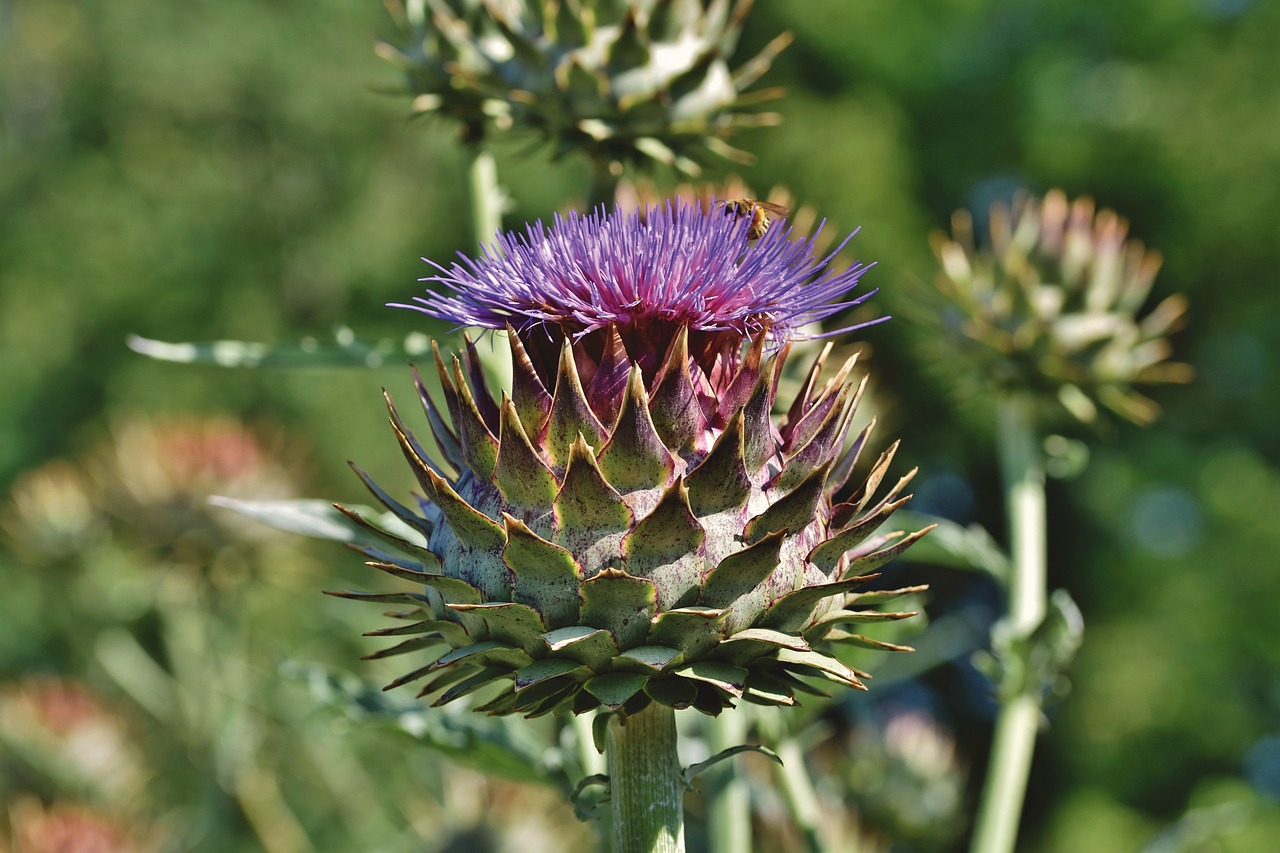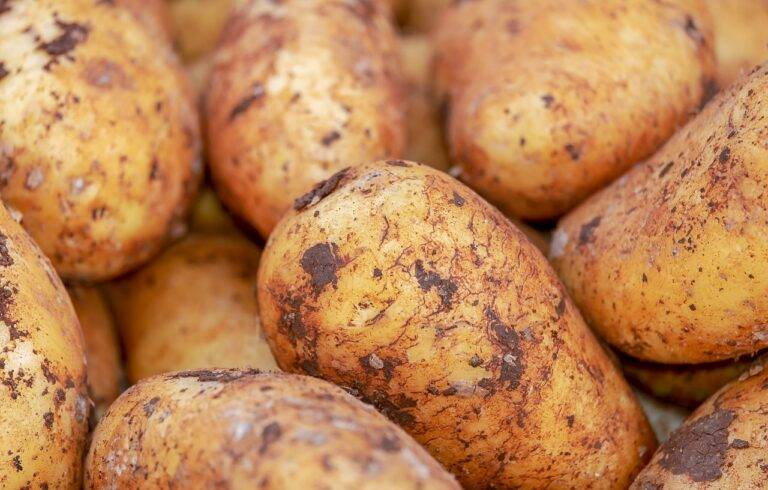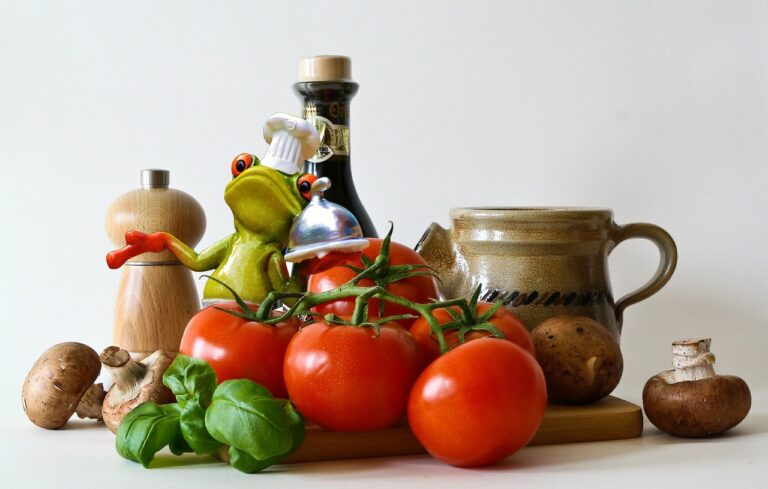Innovative Organic Farming Techniques for Sustainable Agriculture: 11xplay, Tigerexch247 login, Booki bet
11xplay, tigerexch247 login, booki bet: Organic farming is becoming increasingly popular as people are becoming more conscious about the food they eat and the impact it has on the environment. Traditional farming practices have often led to soil degradation, water pollution, and pesticide residues in food. However, innovative organic farming techniques are now being developed to promote sustainable agriculture and ensure a healthier future for both people and the planet.
Heading 1: The Importance of Sustainable Agriculture
Sustainable agriculture is essential for the long-term health of the planet and its inhabitants. By adopting organic farming practices, we can reduce our reliance on synthetic chemicals, protect biodiversity, and promote soil health. Organic farming also helps to conserve water, reduce greenhouse gas emissions, and support local communities. In a world facing the challenges of climate change and food insecurity, sustainable agriculture is more important than ever.
Heading 2: Regenerative Agriculture
Regenerative agriculture is a holistic approach to farming that focuses on restoring and revitalizing the health of the soil. By using cover crops, crop rotation, and organic fertilizers, regenerative farmers aim to build soil organic matter, improve soil structure, and enhance water retention. This not only creates healthier soils but also increases crop yields and reduces the need for chemical inputs. Regenerative agriculture is a key component of sustainable farming practices.
Heading 3: Permaculture
Permaculture is a design system that mimics natural ecosystems to create sustainable food production systems. By integrating plants, animals, and structures in a synergistic way, permaculture farms are able to maximize productivity while minimizing waste. Permaculture principles include observing and interacting with nature, capturing and storing energy, and using renewable resources. Permaculture is a highly innovative approach to organic farming that can be adapted to a wide range of climates and environments.
Heading 4: No-Till Farming
No-till farming is a method of planting crops without disturbing the soil through tillage. By leaving crop residues on the soil surface, no-till farmers are able to reduce erosion, conserve water, and sequester carbon. No-till farming also promotes soil microbial activity, improves soil structure, and reduces the release of greenhouse gases. No-till farming is a sustainable farming technique that can help to protect the environment and increase the resilience of agricultural systems.
Heading 5: Agroforestry
Agroforestry is a land use system that integrates trees, crops, and livestock on the same piece of land. By planting trees in agricultural fields, agroforestry farmers can increase biodiversity, improve soil fertility, and provide additional sources of income. Agroforestry systems can also help to mitigate climate change by sequestering carbon in trees and soil. Agroforestry is a sustainable farming practice that can provide multiple benefits for both farmers and the environment.
Heading 6: Aquaponics
Aquaponics is a sustainable farming technique that combines aquaculture (fish farming) with hydroponics (growing plants in water). In an aquaponics system, fish waste provides nutrients for the plants, which in turn filter the water for the fish. This closed-loop system is highly efficient, using less water and space than conventional farming methods. Aquaponics can produce a wide variety of crops and fish in a small area, making it ideal for urban and small-scale farmers. Aquaponics is a cutting-edge farming technique that has the potential to revolutionize the way we grow food.
FAQs:
Q: Is organic farming more expensive than conventional farming?
A: While organic farming may have higher initial costs due to certification and labor-intensive practices, the long-term benefits of sustainable agriculture can outweigh these costs. Organic farming is also more resilient to external factors such as climate change and market fluctuations.
Q: Can organic farming feed the world’s growing population?
A: Yes, organic farming can feed the world’s growing population by increasing crop yields, improving soil fertility, and reducing food waste. By adopting innovative organic farming techniques, we can ensure a sustainable food supply for future generations.
Q: Are organic products healthier than conventional products?
A: Organic products are free from synthetic chemicals, pesticides, and GMOs, making them a healthier choice for consumers. Organic farming practices also promote biodiversity, soil health, and animal welfare, which are all important factors in overall food quality.







